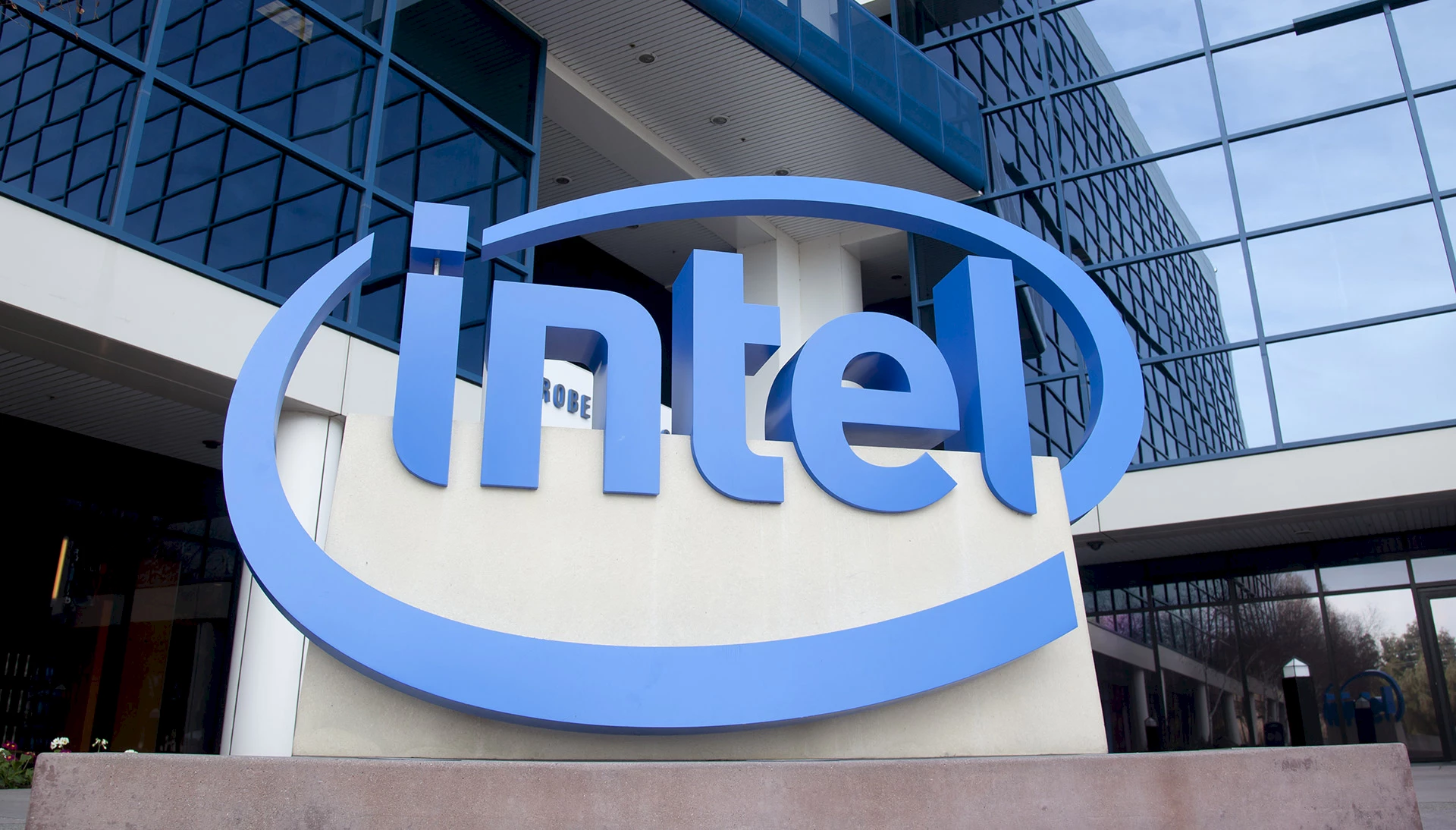More Headaches for Intel

Santa Clara, California, USA. © iStock.
The year is off to a bad start for Intel. In Texas, a federal court jury ordered Intel to pay US $2.18 billion for infringing two patents held by VLSI Technology. The latter, a semiconductor design company founded in 1979, seems to have risen from the dead just to sue. Acquired by Philips in 1999, its assets were then transferred to NXP Semiconductors (a Philips spin-off that you may know for its “tap-to-pay” NFC chips, among others). For 4 years, VLSI had been a dormant, empty shell selling no products or services. And, oddly enough, the patents at issue weren’t even registered by VLSI. They were originally issued to Freescale Semiconductor and Sigmatel, then transferred in 2019 to VLSI, which is now part of the Fortress Investment Group.
Intel’s lawyer called VLSI a zombie brand, which is arguably true but insufficient to provide a defense. It didn’t keep jurors from awarding about a tenth of Intel’s annual profits for the infringement of two patents relating to “management of clock speed in an electronic device” (ref. 1 ) and “minimum memory operating voltage technique” (ref. 2). Intel tells The Verge they aren’t going down without a fight: “Intel strongly disagrees with today’s jury verdict. We intend to appeal and are confident that we will prevail.” Fortress and VLSI Technology also have other pending lawsuits against Intel.
⇨ Ars Technica, Timothy B. Lee, “Intel hit with $2.2 billion patent judgment.”
⇨ The Verge, Sean Hollister, “A jury says Intel owes $2.18 billion for infringing a zombie chip company’s patents.”
2021-03-02
